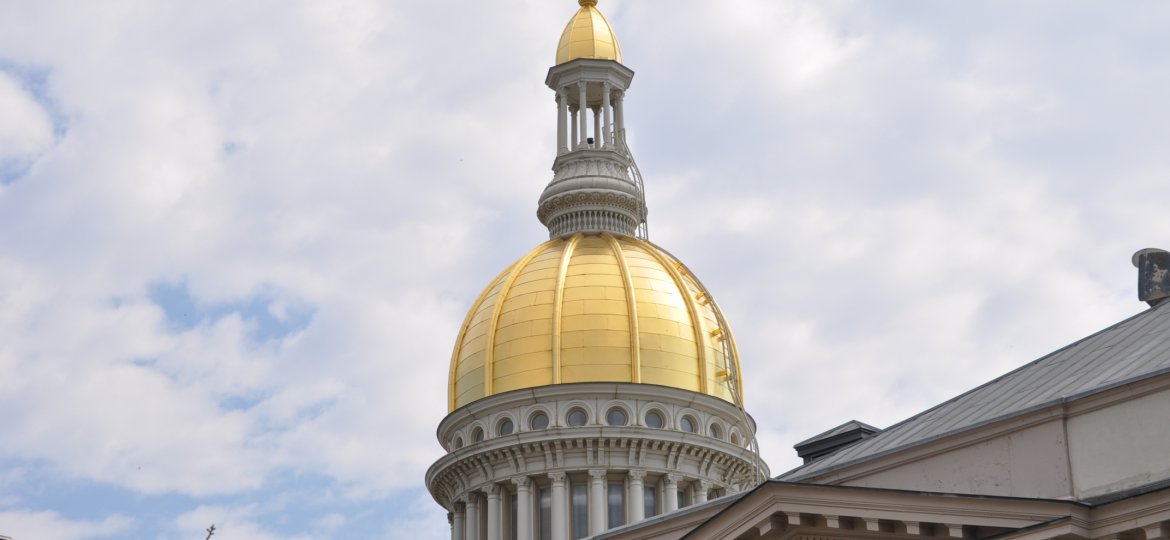
Trenton – A bill sponsored by Senator Nellie Pou, which will prohibit discrimination against cash-paying consumers, was signed into law by Governor Phil Murphy today.
The law will prohibit a person from selling or offering to sell any goods or services at retail if the person prohibits the buyer from paying with cash.
“Access to banks and lines of credit is a luxury not afforded to everyone,” said Senator Pou (D-Bergen/Passaic). “Not surprisingly, it’s the low income persons and families that are priced out of the banking industry. The United States currency – dollars and coins – are legal tender for all debts and dues. Therefore, retail establishments should be required to accept legal tender when offered as payment by a patron because not accepting cash can be unwittingly discriminatory. ”
The law will apply to any retail transaction conducted in person. It excludes internet-based transactions and payments via telephone and mail as well as any company in the business of renting motor vehicles, provided that the company accepts cashier’s or certified checks. In addition, the provisions would not apply to services at an airport if a certain number of food providers on site accept cash. Parking facilities owned by a municipality or private parking lots only accepting mobile payments would also be exempt. A civil penalty would be imposed of up to $2,500 for the first violation of the bill’s provisions and up to $5,000 for a second violation.
The efforts to preserve the right to pay in cash have been supported by the ATM Industry Association and by the International Currency Association.
According to the most recent federal survey in 2015, seven percent of households had no checking or savings accounts. It was more than twice as high for Black and Latino households. A study by Prosperity Now and Citi Community Development found that of major U.S. cities, Newark, NJ, has the highest unbanked rate at 23.3 percent. The most common reason for not having a bank account is the fees imposed on customers who cannot meet a minimum balance or other requirements.

